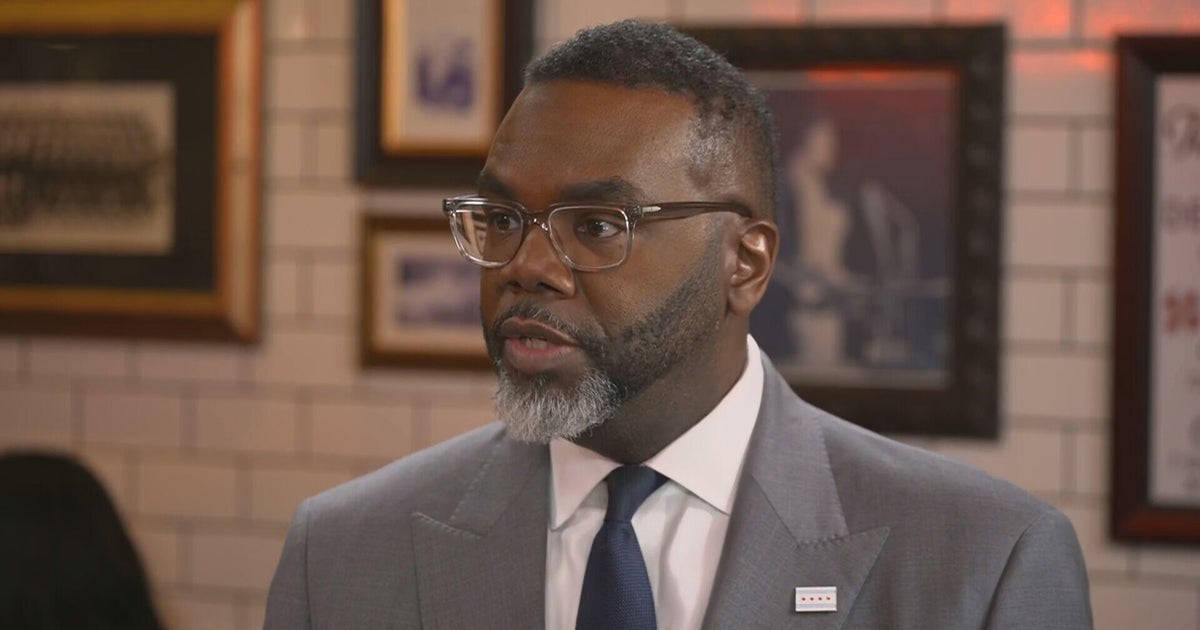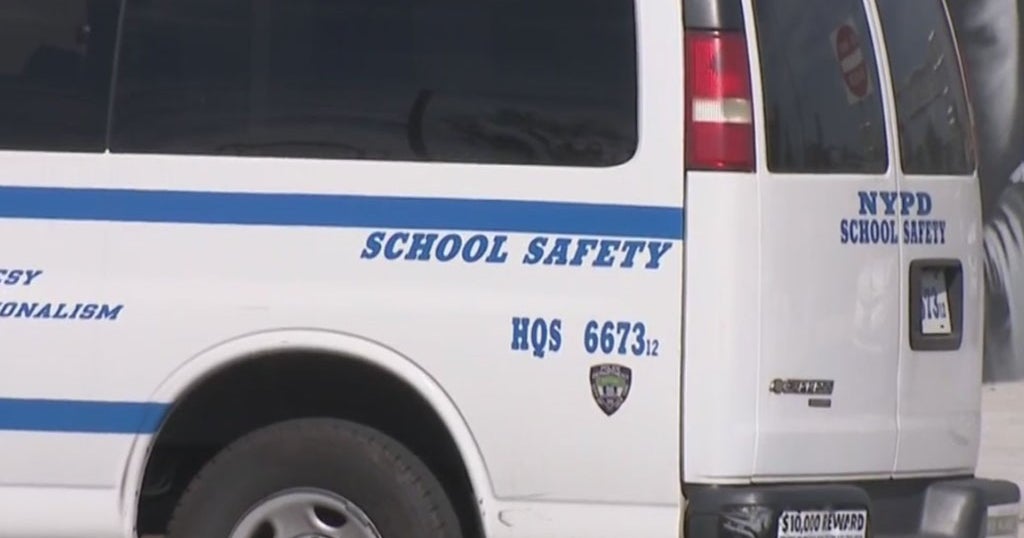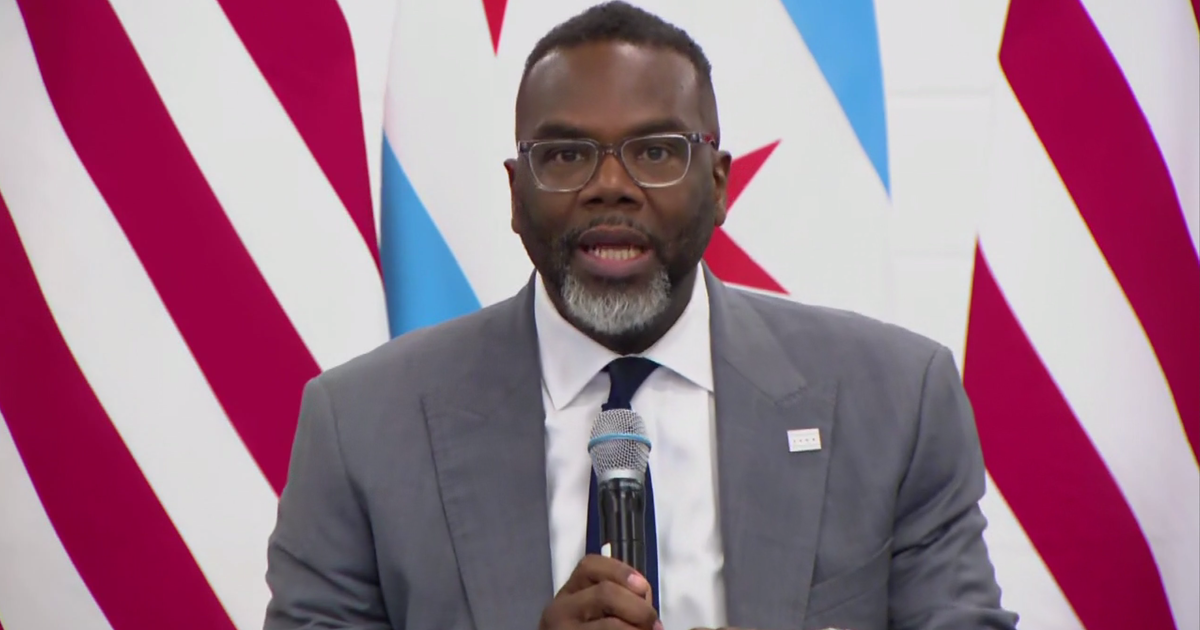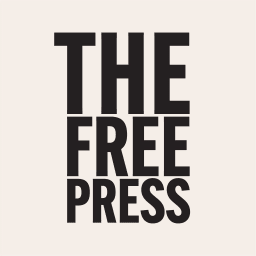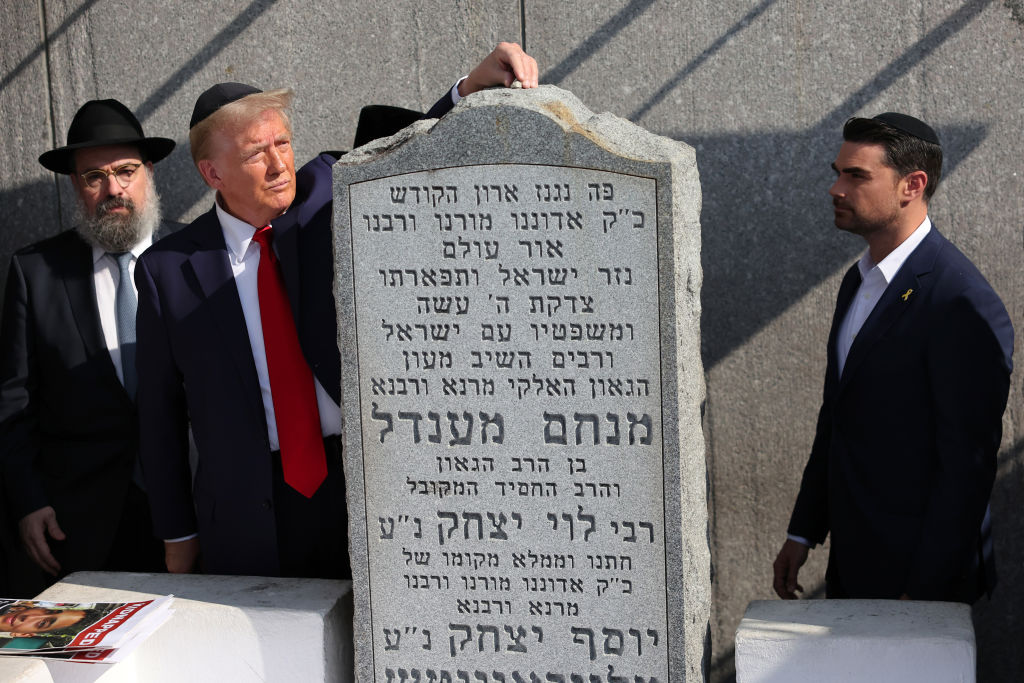Chicago Mayor Lori Lightfoot says gun violence is a "public health crisis"
Chicago's historic new mayor is taking on political corruption as her first official act. Lori Lightfoot signed an executive order Monday that curtails the power of Chicago's city council members.
A former prosecutor is now running the nation's third largest city. The Democrat is prioritizing public education, and tackling the city's $42 billion debt. To succeed, she'll have to take on Chicago's political machine – and she'll be doing it as an outsider.
She's the first African-American woman and first openly LGBTQ mayor of Chicago. Asked whether it bothers her that she's often introduced in those terms, Lightfoot responded, "No, no, no."
"It's a great testament to, I think, the spirit of our city and the moment that we're in," Lightfoot told CTM national correspondent Jericka Duncan in her first national interview as mayor. "I'm honored that people of this city looked beyond labels and voted for me."
The 5-foot-1-inch mayor is known to have an out-sized ability to fight – something she said she learned from her 90-year-old mother who witnessed her historic inauguration Monday. During her inauguration speech, Lightfoot called her a "role model" and "champion."
"For me to come from where I come from with my family's heritage and the sacrifices that both of my parents made, it means everything that she was here to witness this moment," Lightfoot said.
She said President Trump called her to congratulate her on her victory.
"How do you work with a president like that who says he wants to work with you, but has definitely gone on his Twitter… account and criticized Chicago and the gun violence?" Duncan asked.
"My values are not his values on a range of different issues. But I think that I have an obligation to the residents of this city, particularly the taxpayers, to do everything I can to make sure that we get our fair share of dollars from Washington, D.C.," Lightfoot said.
Lightfoot rose to political prominence after chairing a police accountability task force in the wake of the deadly 2014 police shooting of teenager Laquan McDonald. It led to citywide protests, national anger, and a murder conviction against the officer who shot him.
"We have been embarked on what I would call a proactive strategy that looks at our gun violence as a public health crisis, which is what it is," Lightfoot said. "That means we look at the root causes of the violence. That means we invest in neighborhoods, we re-stitch together our broken… social safety net."
"What does that look like?" Duncan asked.
"It means that we bring resources to… communities so that they can grow," Lightfoot said, adding, "That we work on providing wraparound services and job training in the neighborhoods… that are under siege and economically distressed."
Lightfoot has said it comes down to communities trusting police, and police trusting communities.
"Police can't be successful if they're not viewed as legitimate by the community, and a community will not be safe if the police are not engaged in a respectful, constitutional partnership with the community," Lightfoot said. "And the only way to do it is person by person. There's no magic solution."
She said her biggest fear is seeing children who feel "pinned down" by gun violence. But she is extremely optimistic, saying she hopes to see a decrease in gun violence this summer.
It wasn't just a historic day for Lightfoot. For the first time in Chicago's history, women of color now hold all three citywide elected offices.
